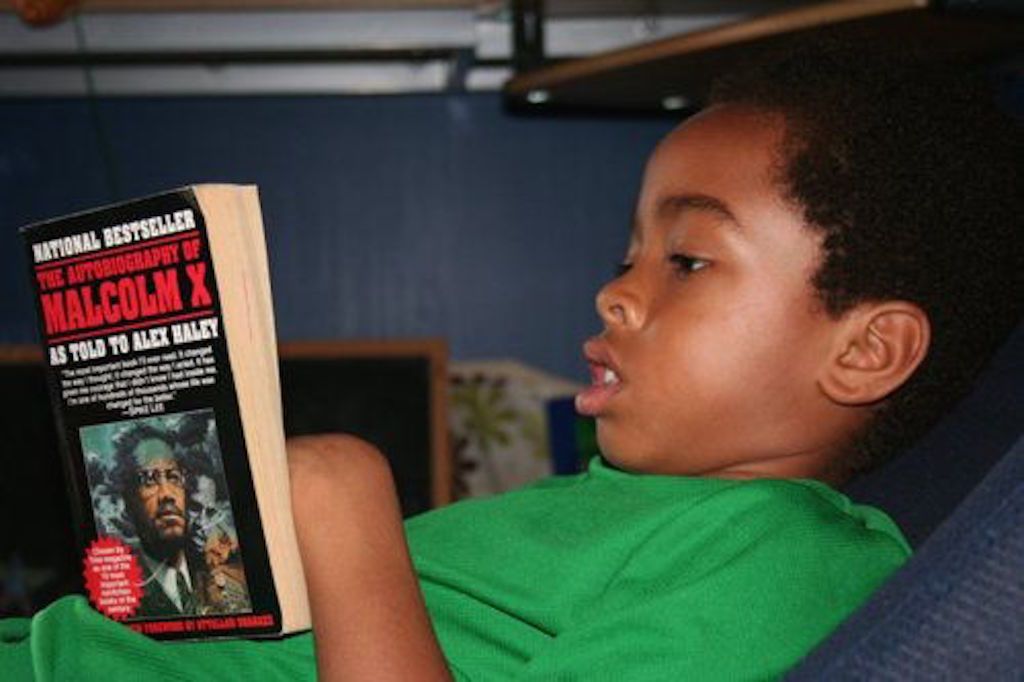
If we utilise the simple precepts of humanity gleaned from great literature, we can go far in creating a better society for ourselves. The way forward in achieving this is to ensure that we don’t relegate literature to a backwards position and accord it the respect it rightly deserves as a significant fount of knowledge.
“An autobiography is not merely a catalogue of events and experience in which a person has been involved but it also serves as a blueprint on which others may well model their own lives.” – Nelson Mandela.
It’s a great tragedy that only a few young people (Africans and Africans of the Diaspora) read books these days. We have to find imaginative ways of dealing with this sad reality or we’d be left with future generations who have no idea of the rich history their ancestors bequeathed to them. I personally draw inspiration from autobiographical works. An example of this is the Autobiography of Malcolm X by Alex Haley. I read the book as a teenager and it has had a profound effect on me till this day. It illuminated my early understanding of racism, society and the power of enlightenment.
There is a critical need for schools to create serious reading drives, and not half-hearted attempts. I have discovered through my interactions with children, both in public and private schools in Nigeria and abroad, that our children have limited imaginations. What they are fed by the Internet and the movies they love dearly happen to be the only diets they are exposed to, which are seriously restricted diets.
As a teenager in Nigeria, I wrote my first novel at the age of 12 (although I lost the manuscript and hope that I am able to find it someday). I wrote about issues of peer pressure, drug abuse, rape, homelessness, teenage pregnancy and survival. I had and still have no lived experience of these issues but I was able to write a compelling story due to the books I had read. My main character in the novel was believable and everyone who read the story identified with her struggles. Reading enabled me to discover worlds I did not know about earlier, but whose doors opened up to me, and I continue to acknowledge the influences of the diverse authors who created these worlds.
It is always a special pleasure to talk to children about reading as my favorite pastime, and I always inject stories that I have read or refer to crucial books in my talks with them. The culture and creativity attained from expansive reading are such deep truths in their enduring nature.
If we utilise the simple precepts of humanity gleaned from great literature, we can go far in creating a better society for ourselves. The way forward in achieving this is to ensure that we don’t relegate literature to a backwards position and accord it the respect it rightly deserves as a significant fount of knowledge. All of it’s depictions of the strivings of the human spirit are worth taking seriously.
Adetola Salau, Carismalife4U@gmail.com, an advocate of STEM education, public speaker, author, and social entrepreneur, is passionate about education reform.
Image credit: titezoiseau.tumblr.com
END

Be the first to comment